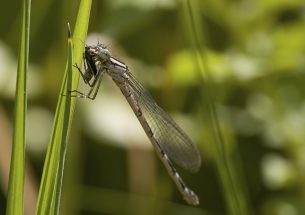News and Opinion
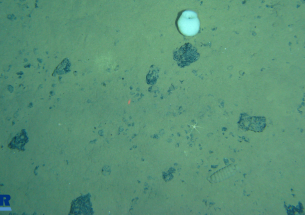
Nature reserve under water
READ MORE about Nature reserve under water
“Superfoods”, a super-impact on the environment
READ MORE about “Superfoods”, a super-impact on the environment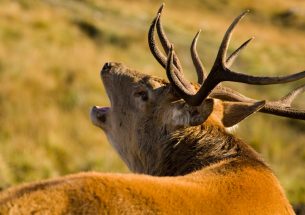
Understanding deer damage is crucial when planting new forests
READ MORE about Understanding deer damage is crucial when planting new forests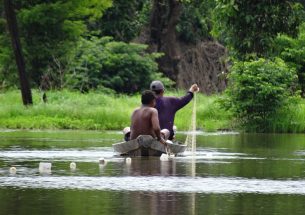
Poor Amazonians go hungry despite living in one of the most biodiverse places on Earth
READ MORE about Poor Amazonians go hungry despite living in one of the most biodiverse places on Earth
British Ecological Society announces journal prize winners
READ MORE about British Ecological Society announces journal prize winners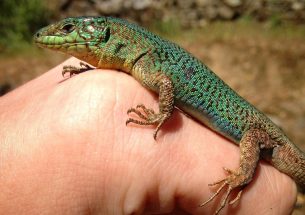
Lizards develop new 'love language'
READ MORE about Lizards develop new 'love language'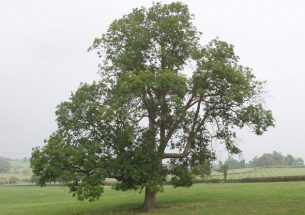
Ash dieback is less severe in isolated ash trees
READ MORE about Ash dieback is less severe in isolated ash trees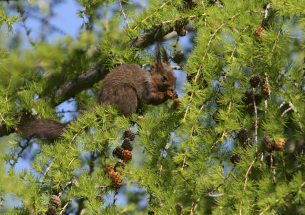
Parasite carried by grey squirrels negatively impacts red squirrel behaviour
READ MORE about Parasite carried by grey squirrels negatively impacts red squirrel behaviour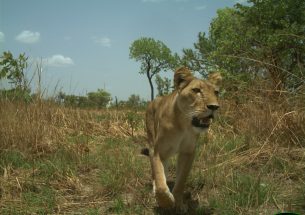
West African lions show no preference between national parks and hunting zones
READ MORE about West African lions show no preference between national parks and hunting zones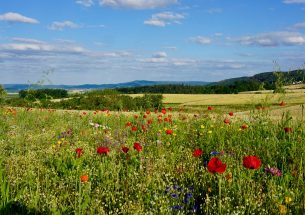
More taxpayers’ money for the environment and public benefit
READ MORE about More taxpayers’ money for the environment and public benefit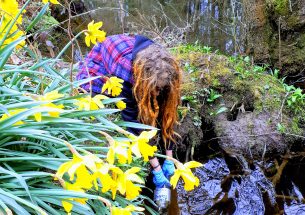
Fishing for Mammals: How DNA from rivers could revolutionise mammal detection on land
READ MORE about Fishing for Mammals: How DNA from rivers could revolutionise mammal detection on land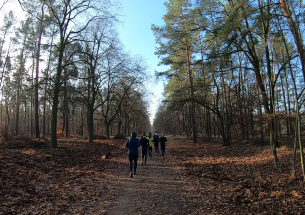
Why a focus on constant change is more important than a focus on stability
READ MORE about Why a focus on constant change is more important than a focus on stability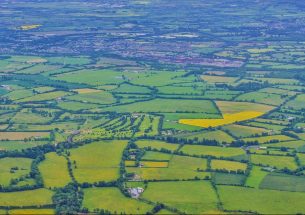
Smaller fields and diversified crops can help spontaneous plants to make a comeback, even in the middle of fields
READ MORE about Smaller fields and diversified crops can help spontaneous plants to make a comeback, even in the middle of fields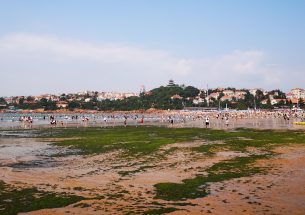
Human activities and underlying mechanism of green tide formation
READ MORE about Human activities and underlying mechanism of green tide formation